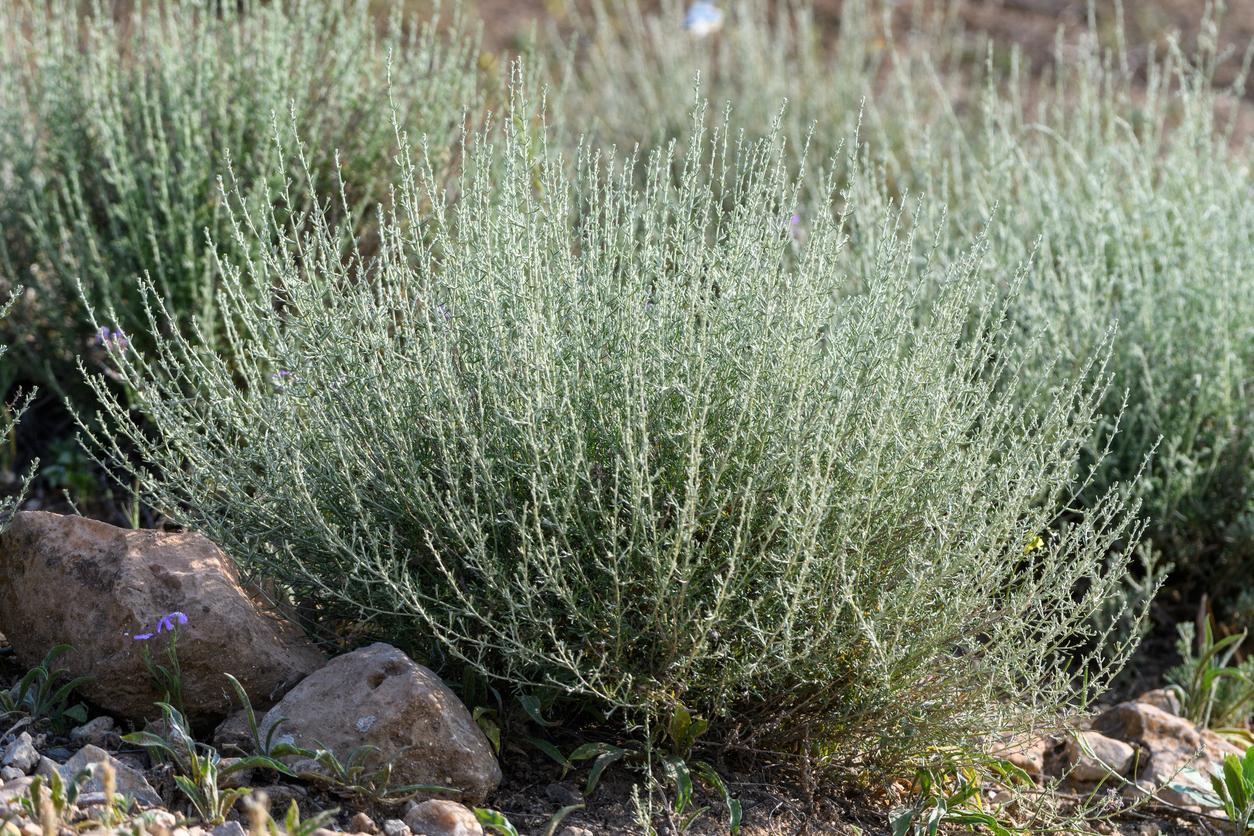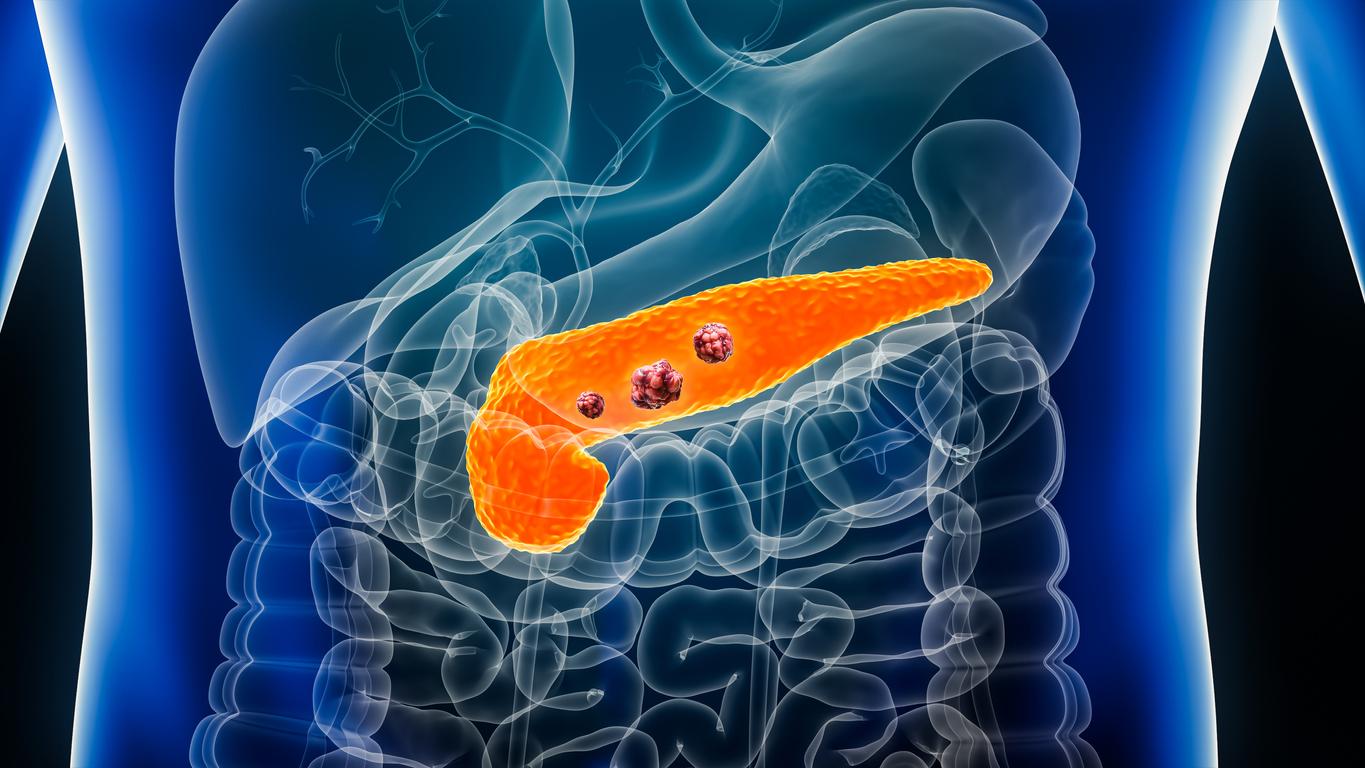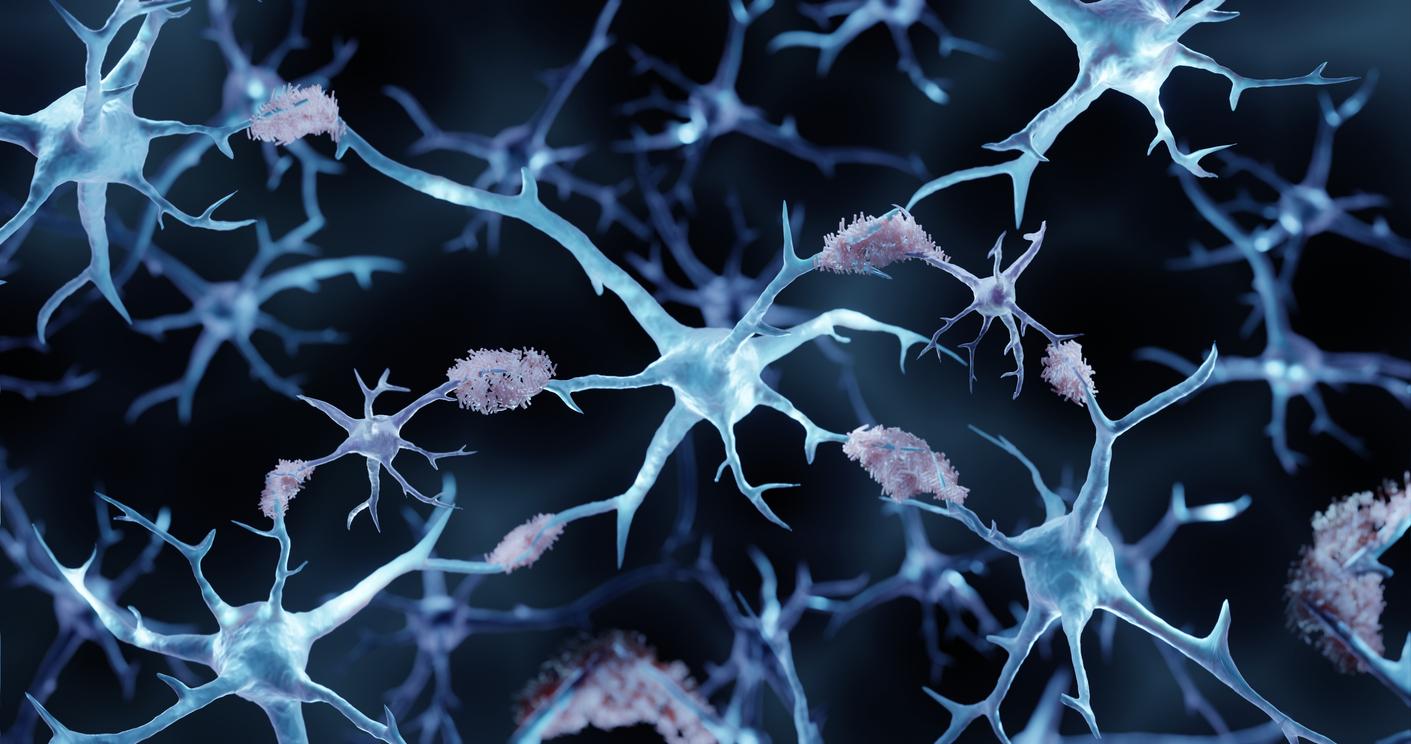Thanks to a better understanding of the immune cells present around the tumors of the pancreas, new therapeutic options, adapted to each patient, could emerge.

- Researchers have created an immune environment card for a pancreas tumor.
- It allows us to understand why cancer does not always respond to the treatment with immunotherapy.
- They also managed to identify groups of patients, with different immune reactions.
Pancreas cancer is one of the most serious. In 2018, more than 11,000 people died in France. In the United Kingdom, a team of scientists is working on new therapeutic avenues. Based on the immune environment of the tumor, they could allow better treatment of patients. These works are published in the specialized journal Nature Communications.
Ecstatic to see this out! Important implications for immune targeting in pancreatic cancer. Has been labour of love! Lots of Fantastic Collaborators and Important New Early Phase Trials Being Set Up!https://t.co/dtbzbckk33
– Shivan Sivakumar (@shivansivakumar) FEBRUARY 6, 2025
Pancreatic cancer: understand how the tumor escapes the immune system
“”Pancreas cancer is a tumor that does not respond to existing immunotherapy (control points inhibitors), Specifies Dr. Shivan Sivakumar,, Associate professor of oncology at the University of Birmingham and co-author of the study. This is explained by the fact that there is not the same immunogenic reaction to the tumor as that which exists in other cancers.“This researcher and his colleagues from the universities of Birmingham and Oxford have created a”immune card “ pancreatic cancer. They based on the samples of twelve patients with the disease to identify all the immune cells present in and especially around the tumor. They also paid attention to different genetic characteristics and proteins present in the tumor environment. All these elements were then confirmed thanks to databases on the disease. “”This allowed us to see how the tumor escapes the immune system“Indicates the specialist.

Tumor environment and immune system: new avenues for treatment for pancreatic cancer
Their work has also made it possible to better understand the role of certain immune cells including activated regulatory T cells (TREGS) and B cells. The team discovered that these cells could help to distinguish “Patients who can benefit from targeted treatments, which activate the existing immune response in the tumor area (rich in B and T cells), from those with a highly suppressant tumor environment (rich in myeloid cells)“. In this second group, the tumor more blocks the immune response.
“”We have discovered separate immune environments in pancreatic cancer, revealing new therapeutic opportunities to improve the results of this deadly disease, Develops Rachael Bashford-Rogers, associate professor of molecular and cellular biochemistry of the University of Oxford and the main co-author of the study. This study identifies potential strategies such as the increase in certain cellular responses and the exhaustion of suppressive immune cells to improve treatment based on the immune system“For this team, it is necessary to conduct more trials to continue to study the evolutions of the immune response in order to develop effective treatments for the greatest number.

















